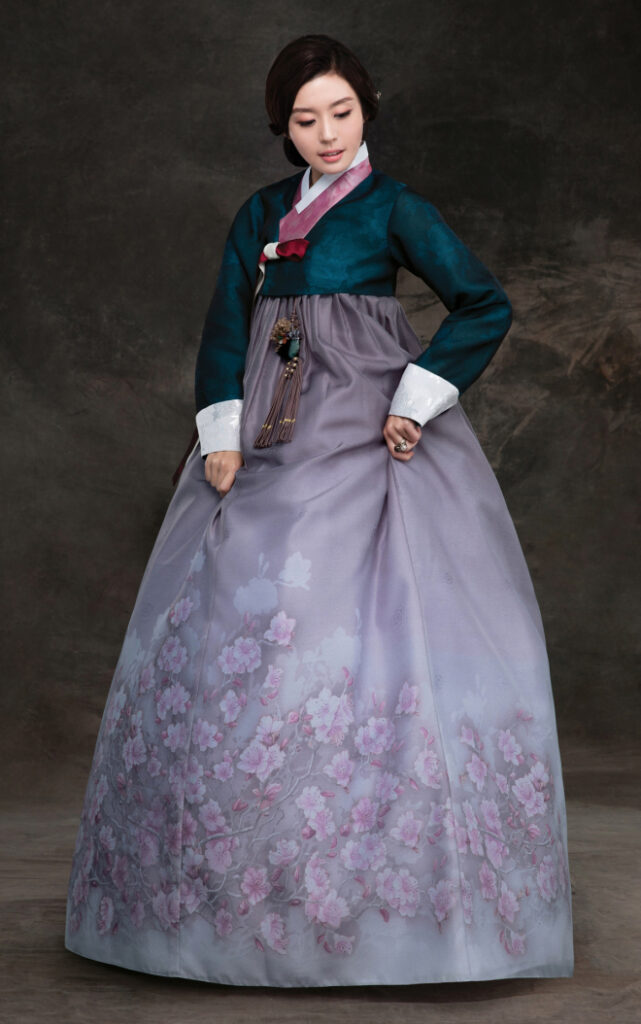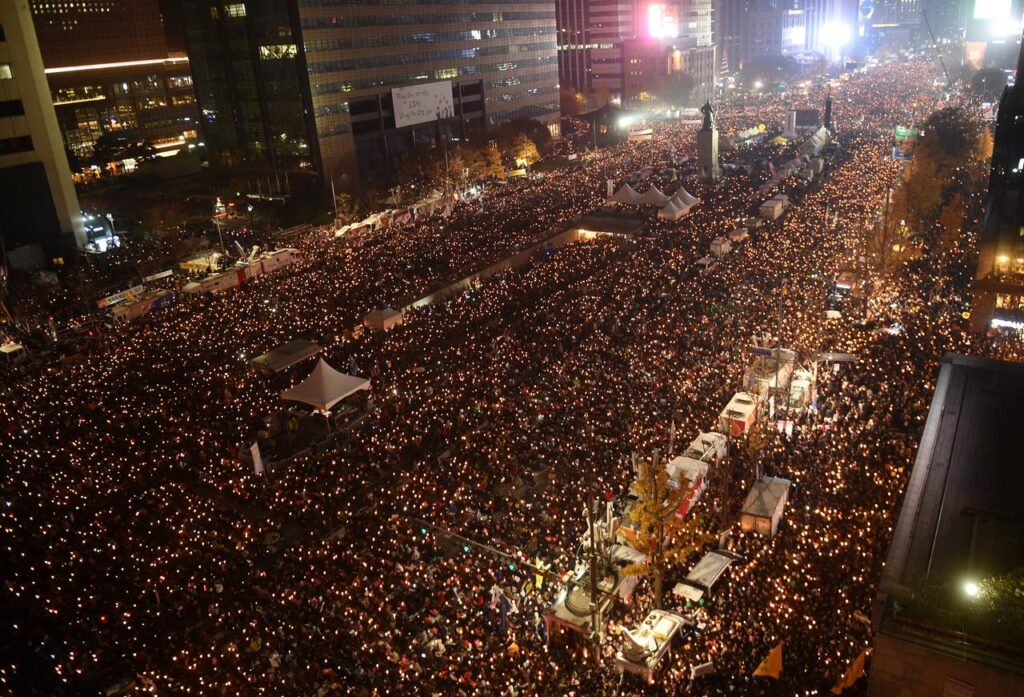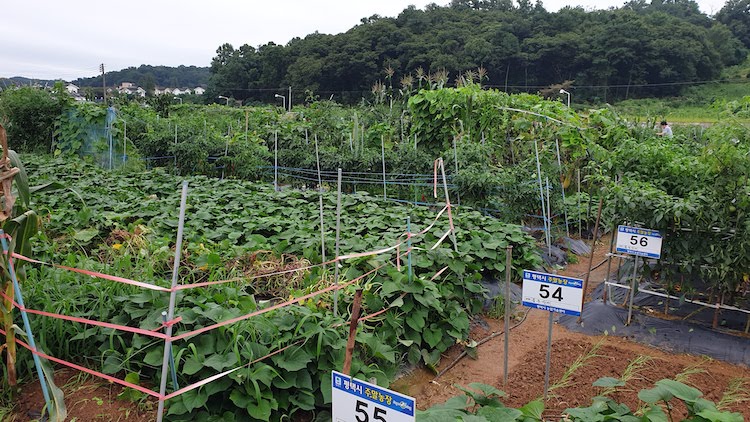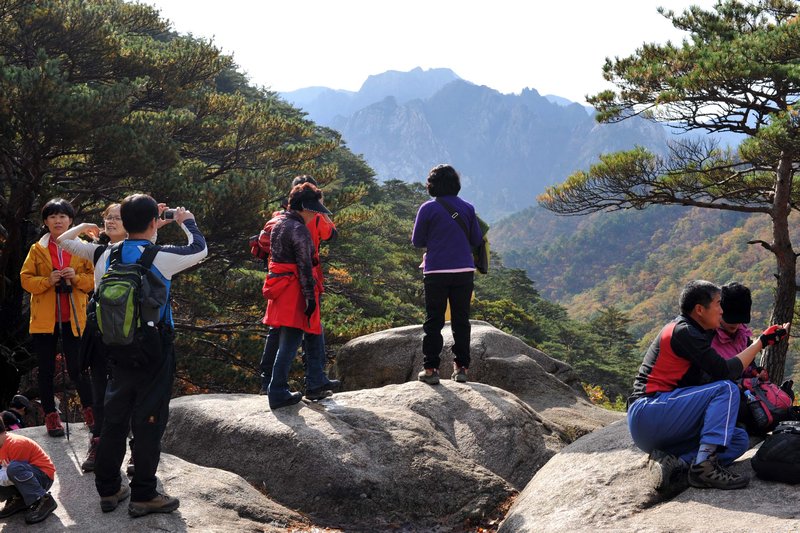
If you’ve read my previous four postings on this, you might learn that there’s a lot (so far) to like about Korea. Now here’s one that’s going to be a bit tricky, because, well, you learn and you grow. Not that I was ever at a point where I didn’t like Korean people, but I would say that my views have matured along the way from curiosity and ambivalence to outright admiration and affection.
When you’re young and carefree (not that I ever really was either of those), you have a different focus. It would be natural then that when you encounter something or someone new and different, you might be looking at it in light of what fun you might be able to get from it. How does it make you feel? In that case, you’d be most attracted to the people who can make you comfortable over a bottle of soju along with a culture that hits the right notes in night life. Or you might want to explore. The whole point though is that you’re active. Something must engage your mind and body or it just isn’t interesting.
And perhaps many, many years ago I may have had some of those experiences…although being more introverted I didn’t necessarily want to be out there meeting new people and seeing new things. When I arrived here for the first time in 1983, I didn’t leave the base for several months.
But I’m speaking more broadly here in what I have observed. Having lived in Korea about 23 years of my life I’ve had plenty of opportunity to see the people in action. I can’t say that it’s all been wonderful, but generally speaking, Koreans are a vibrant, lively and passionate people and I love all of that about them. They have many of the same issues that any American family might experience, but the dynamic is different – something you would expect from a culture that values Confucian concepts of hierarchy. As an American, in order to understand Koreans, you must understand at least this much. So, it’s interesting to see some vent their frustrations: “Well why don’t they just…!” This is especially true when you’re falling back on the American concept of self-reliance and independence.

I’ve written elsewhere about the value of culture and understanding that your own isn’t necessarily the “correct” one. I would say that 23 years in Korea has taught that to me.
But I need to warn you – Koreans can be notoriously polite to foreigners, and so maybe I speak from an advantage that the Koreans themselves cannot see. And I think that their politeness comes in part from their ability to feel a corporate humility – something with which we Americans might struggle. I’m not talking about some cowed national shame born of domination over the centuries, I’m talking about a humility born of the concept of reflection – what others see in you, they see in your family and your nation. Korean history is littered with struggle. They’ve been pushed from all sides, but have overcome to dominate the world in so many areas – electronics, the auto industry, and even…”music.” They can be ruthless, but they can also be so single-minded in their efforts that they simply get things done. They find a way through struggle and that contributes to their national pride.
Now as deep as all of these contributing factors may go, my thoughts really are just surface stuff, coming from a couple of decades of up-close observation from the outside. I can’t pretend to be the “expert.” But I can appreciate the passion of the Korean people more than ever. And yet their passion is sometimes something that is difficult to grasp. When I was talking to my wife about writing this, I mentioned the passion of Koreans and she called it outright “temper.” To see or hear a heated conversation between two people is just not something I grew up with. But to understand the cultural nuances of it is helpful. I’m sure the same could be said for the arguments of those in America, but the lines which one may cross are certainly different. I recall seeing two Koreans argue and one scolded the other for wagging a finger in his face. But I’ve never seen a Korean fight come to actual blows. In America, while you would have a crowd goading two people on to that end. In Korea, you have a crowd letting them have their way until peacemakers step in to keep it from going too far. It really is an art and interesting to watch at times. And of course there is the Korean obsession with age difference, right down to the minute if necessary.
But enough of that. I’d like to just talk about how I’ve grown to know and love the Korean people.
A lot of it has to do with some of the things I’ve talked about so far in other posts, and some of what I’ll write about in the future. I think a great measure of a people is their approach to food, and really, the Koreans rank up there with the best when it comes to how they prepare, mix, and eat their meals (see my previous post on this). The communal nature matches the community of the culture. The spice (and alcohol) of it matches the passion. I don’t want to overuse the word “notorious,” but their drinking culture is nothing to be sniffed at. I’ve never gotten into it – there were times I wish I could, but I just don’t have the stamina. My cover when going out with a group of Koreans in the past was that “I have an alcohol allergy” – whenever I drink too much of it I get dizzy, can’t walk straight, and sometimes throw up. Yeah, I’m describing getting drunk, but I’m hoping the subtly of it all and their politeness gives me the opening to get away with not going shot-for-shot with them (and believe me, they will go shot-for-shot with you if you let them). But I find it so fascinating to go into a restaurant and see bottles of soju and robust conversation at so many tables. I look at it and understand what is happening, even if I don’t partake.

Another facet of the Korean people that I love so much is their passion for nature. Korea is a beautiful country (and I plan on writing about that later) and the Korean people are still so connected to the land. Sadly, I’m sure some of that will be lost as the country modernizes and urbanizes, but we are only a generation from plowing fields with oxen and planting rice by hand (requiring massive amounts of manpower doing backbreaking work). The modernization of Korea is incredible and has been a blessing for sure, but Koreans have farmed the land for centuries, and that tradition continues to permeate the society. I’ve always thought that if Matt Damon’s character had been a Korean farmer in The Martian, the whole thing wouldn’t have been a big deal. Koreans can grow things on every inch of land, and I’m sure they could do it on Mars without much trouble either. Korean apartment dwellers still rent small parcels of land in larger plots called “weekend farms” that are bursting with produce by harvest time. I can see one out of the window of my apartment as I write this.

Although Koreans are connected to their land, you might not have known it so much as it was going through the growing pains of the past few decades (and as garbage day draws near), but even with the massive construction projects pretty much leveling huge areas of land within Gyeonggi Province (in which Seoul and Incheon (and I) are located), they’re getting back to caring about it more now. It’s in their blood. And this too adds to one of the things I love about the Korean people. There is a hiking trail on every ridge. There are campgrounds around the country, and you can always see Koreans absolutely enraptured with the beauty of their country. These days they can be crowded together in every corner of the country enjoying that beauty, but they don’t mind – they have a different concept of space (another aspect that you have to get used to if you want to appreciate them) that grows in part from their sense of community.

Lastly, I very much appreciate their accommodation of others. I have traveled extensively and I must say, the Koreans are polite beyond anything I’ve experienced, and I can give you this short example to demonstrate: Some years back I had to take the long way from Seoul to Atlanta (on Delta) with a 16-hour layover in Hawaii (long enough that I got to spend a night with friends on Oahu). Of course, the flight to Hawaii was crewed mainly by Korean attendants…but the final leg to Atlanta was crewed by Americans. The difference was noticeable to say the least. From smiling, gentle, and polite; to cattle-car, move-it buddy, and “you’ll get your peanuts when I give them to you.” Maybe I exaggerate – but that’s really how different it feels when you do long flights as opposed to the shorter flights where you barely spend any time at all being served by the cabin crew. I also travel throughout the area on my bicycle, often encountering people walking the country roads I’m riding, and they’re always helpful and friendly – quite happy and I’m sure proud to see me out enjoying their country.
Yes, I suppose the Korean people are an acquired taste – but that is the case with any culture and people. You either like it or you don’t, but the first step is to understand that it’s different and adjust your expectations from there. If you’ve read what I’ve said about that before, I think you can see that this is the key behind seeing any people as either distasteful or wonderful. I prefer so much to seeing people as “wonderful.” To do otherwise closes off too much of life to a person. And while I really do appreciate people of other cultures, I’m quite partial to the people of Korea. I’m thankful for living among them and growing to love them. I certainly hope my introductions to them and the other things I love about their country and culture has helped others see the value in that too.
